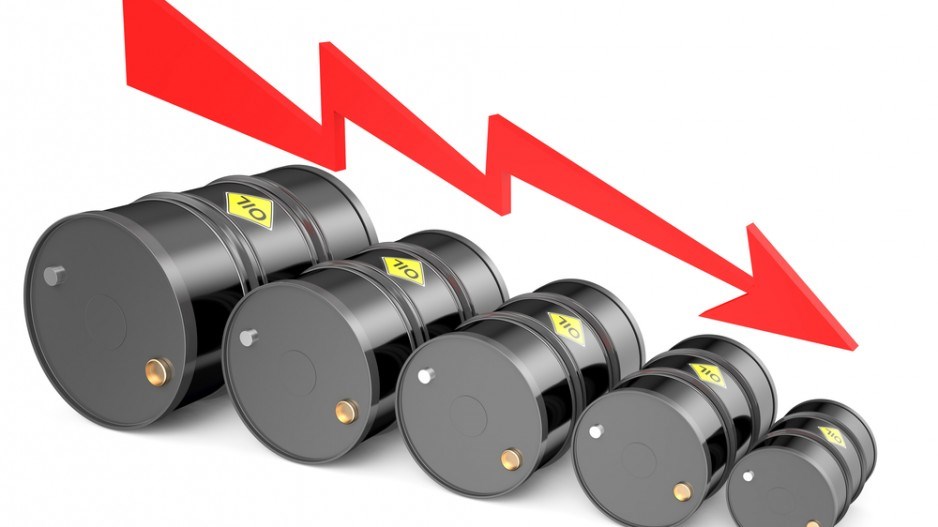The benchmark price of West Texas Intermediate rallied April 21 to about US$2.00 per barrel after plunging into negative value for the first time in history a day earlier, at minus US$37 per barrel.
It means cuts in oil production in Alberta and around the world, analysts say.
The negative value was an anomaly related to futures oil contracts. Traders buy and sell contracts, but at the end of the month, whoever holds the contract has to pay the producer to deliver the oil at a specified location.
"We've never seen prices this low probably in recorded price history of oil markets," said Kevin Birn, crude oil analyst for IHS Markit. "It is a very visible demonstration of the stress that the oil market is facing."
Speculators who had bought oil contracts were unable to resell it and have no storage booked to where the delivery is specified in the contract, explained Roger Diwan, vice president at IHS Markit, in a series of tweets.
"The demand is falling faster than producers are shutting in production. And the supply surplus is mounting, the glut is building and the inventory they're filling at record paces,” Birn told Business in Vancouver.
The International Energy Agency estimates that global oil demand will plunge by a record 9 million barrels a day in 2020, "erasing almost a decade’s worth of growth.
"April is expected to be the bleakest month for the industry, with demand set to plummet by 29 million barrels a day compared with the same month last year."
Since Canadian oil prices are tied to American oil prices, and trades at a discount, it means Alberta producers are going to need to cut oil production even more than they already have, Birn said.
"We are absolutely going to see more production cuts in Alberta."
As some experts have noted, however, cutting production in steam assisted gravity drainage (SAGD) isn't as easy as it may sound. These reservoirs use steam to heat the oil underground so it can flow to the surface. If production is cut, it can actually damage the reservoirs, at a cost of hundreds of millions of dollars.
"If the reservoir is allowed to cool, it can permanently damage the life of those wells," Birn said.



